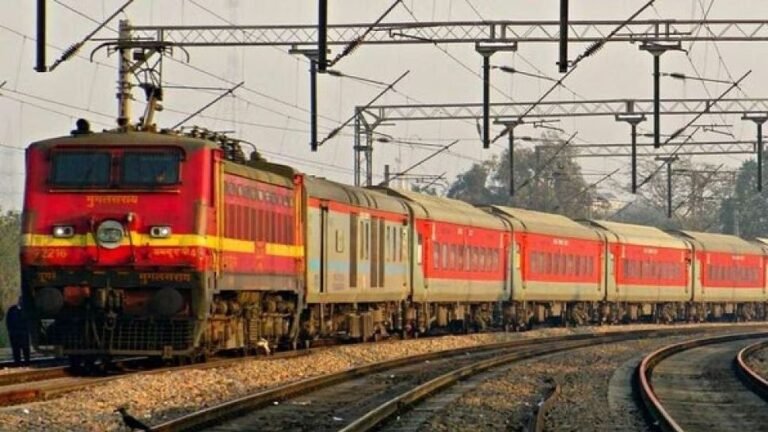
Agency: The challenges surrounding the funding and classification of YenlagThroms, or satellite towns, were brought into focus during the first sitting of the Second Session of the National Assembly on November. Members of Parliament (MPs) raised issues on the lack of a clear framework for these towns and the inconsistencies in providing municipal services.
MP Kinzang Wangchuk, representing the Drametse-Ngatshang constituency, voiced concerns about the reclassification of some Yenlag Throms as Gewog Throms. He explained that this shift has resulted in the withdrawal of essential municipal services, including waste management, water supply, and street lighting, which were previously provided to these towns under their earlier designation as satellite towns.
Responding to concerns, the Minister for Infrastructure and Transport (MoIT), Lyonpo Chandra Bdr Gurung, provided an overview of the situation. He clarified that the formal establishment of Yenlag Throms and Dzongkhag Thromdes had been halted due to a 2016 Supreme Court writ. This legal ruling has significantly affected the implementation of development initiatives for these towns.
Despite these limitations, the minister assured the National Assembly that the government has been working on infrastructure development in line with the 12th and 13th Five-Year Plans (FYPs). Projects such as road construction, water supply systems, and power infrastructure have been implemented in some areas. However, he emphasized that these tasks fall under the purview of Dzongkhag and Gewog Administrations, as Yenlag Throms now operate within their jurisdiction.
Highlighting the roles of Dzongkhag and Gewog administrations, the Minister of MoIT explained that local governments (LGs) are empowered by the Local Government Act of Bhutan to plan and execute developmental activities. He added that local governments have the authority and resources to prioritize and implement projects that address community needs. However, he acknowledged that budget constraints have limited the scope of these projects, making it difficult to meet the rising expectations of residents in YenlagThroms.
Budget allocation for YenlagThroms emerged as a significant issue during the discussions. MPs expressed dissatisfaction with the lack of dedicated funding for these towns. Currently, only 10 percent of Dzongkhag budgets are allocated to YenlagThroms, which several MPs argued is inadequate to address the growing demands for infrastructure and services.
MP Tshewang Rinzin, representing the South Thimphu constituency, highlighted the insufficiency of this allocation, especially given the shrinking budgets of Dzongkhags. He pointed out that the limited funds are spread thinly across multiple developmental needs, leaving little room for comprehensive infrastructure development in YenlagThroms.



